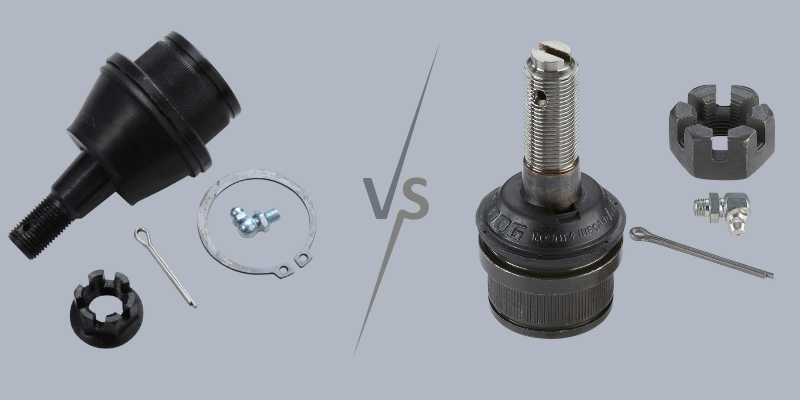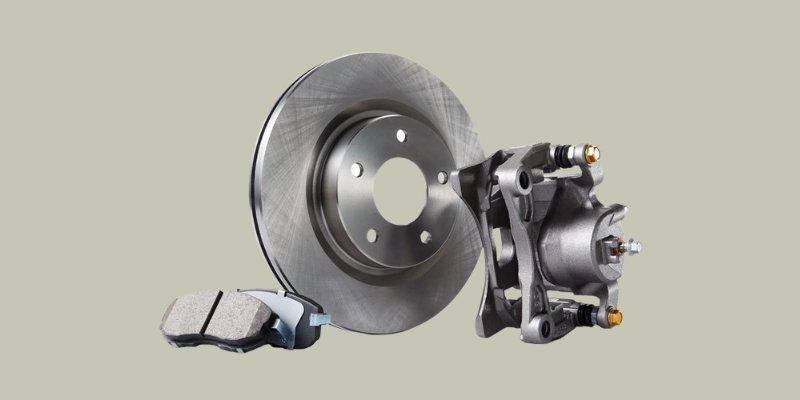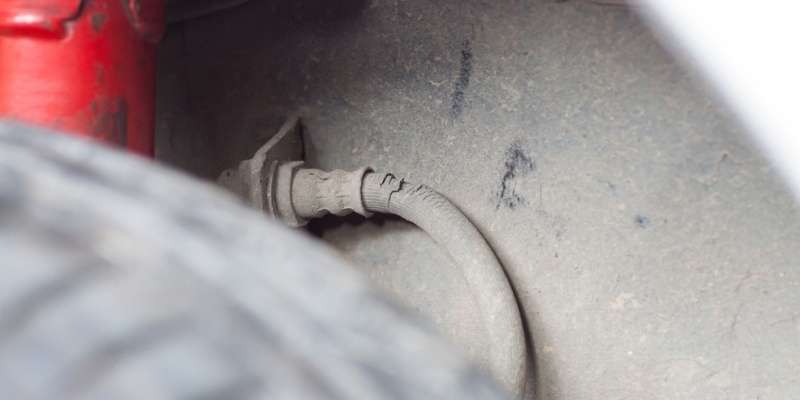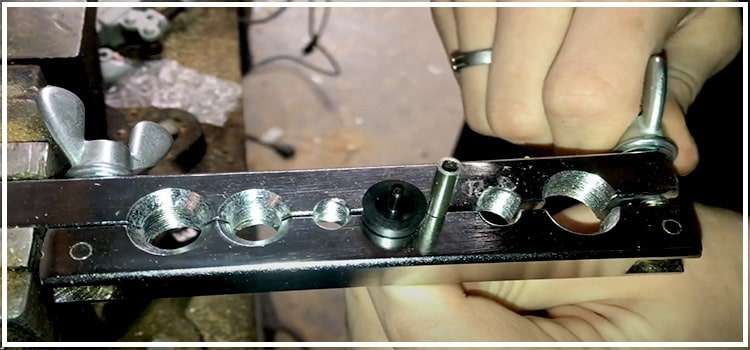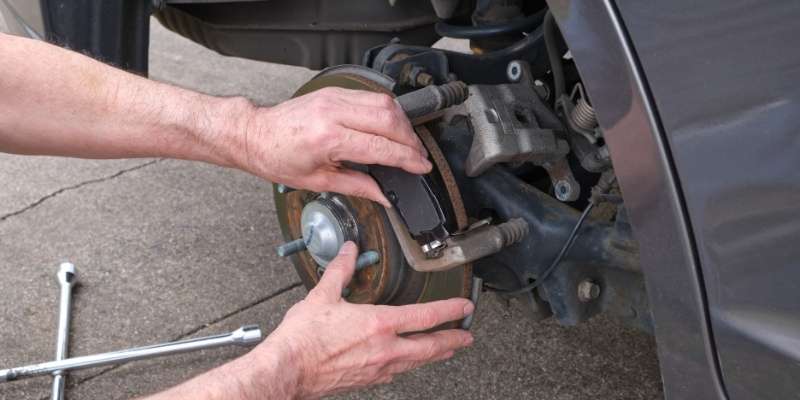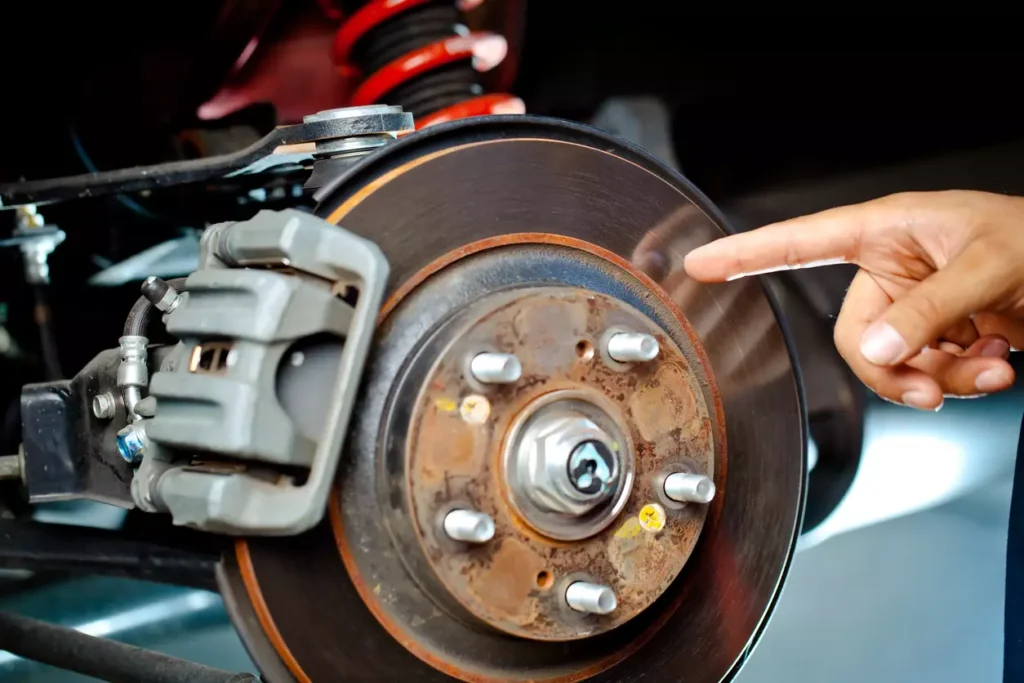Brakes are a critical component of any vehicle, ensuring safety and control on the road.
However, they can sometimes produce a squeaking noise, particularly when backing up, which can be disconcerting for many drivers.
This noise can be a normal part of the operation, or it could signal a problem that needs addressing.
Understanding why your brakes are squeaking when backing up, and what to do about it, is essential for maintaining your vehicle’s performance and your peace of mind.
In this comprehensive guide, we will explore the causes of brake squeaking, how to address it, and how to prevent it in the future.
Key Takeaway
- A persistent squeaking noise while backing up can indicate worn or thinning brake pads, which need to be replaced for optimum safety.
- Dust or debris between the pads and rotors is a common cause of brake squealing, but it can be remedied by cleaning or sanding down the surface material.
- Glazing, caused by repeated hard and fast braking or a lack of lubrication, can cause a glazed finish on brake pads, resulting in a loss of friction and the need for replacement. Using brake pads with less metal or ceramic can improve durability and performance.
Why brakes might squeak
Brakes may produce a squeaking sound while reversing due to several reasons.
First, the brake pads may have worn out, causing metal-to-metal contact between the rotors and pads.
Second, there may be a buildup of dust and debris on the brake rotor, causing the brakes to produce a squeaking noise.
Lastly, the squeaking sound might be caused by a loose or worn-out brake caliper, causing the brake pads to vibrate against the rotor.
Understanding the reasons why brakes might squeak will help in identifying and fixing the problem promptly.
To avoid brake squeaking while reversing, it is essential to maintain proper brake pad health and cleanliness of the brake rotor.
Regular replacement of brake pads and cleaning of the rotor can help prevent the accumulation of dust and debris, reducing the chances of squeaking.
It is also important to get the brake calipers checked and replaced if necessary.
Driving without fixing the brake squeaking problem may lead to further damage to the braking system, presenting a danger to you and other road users.
Overall, It is critical to understand the reasons why brakes might squeak while reversing, as well as the potential risks.
Regular maintenance and prompt identification of the problem can ensure a safer driving experience.
Five Facts About Why Brakes Squeak When Backing Up
- ✅ Brake pads are intentionally designed with a metal indicator that emits a high-pitched sound when they approach their minimum thickness.
- ✅ Dust or debris on the surface of brake pads or rotors can also cause brake squealing.
- ✅ Overnight moisture on your brakes can cause a thin layer of rust buildup on rotors, causing a grinding or squealing sound when you apply your brakes.
- ✅ Glazing on brake pads, caused by repeated hard and fast braking or riding the brakes downhill, can result in cracked or fractured pads, requiring replacement.
- ✅ Metallic brake pads, consisting of between 30% and 65% metallic elements, may cause occasional squealing or grinding when rubbing against the rotor.
Source: Team Research
 Skip to content
Skip to content

